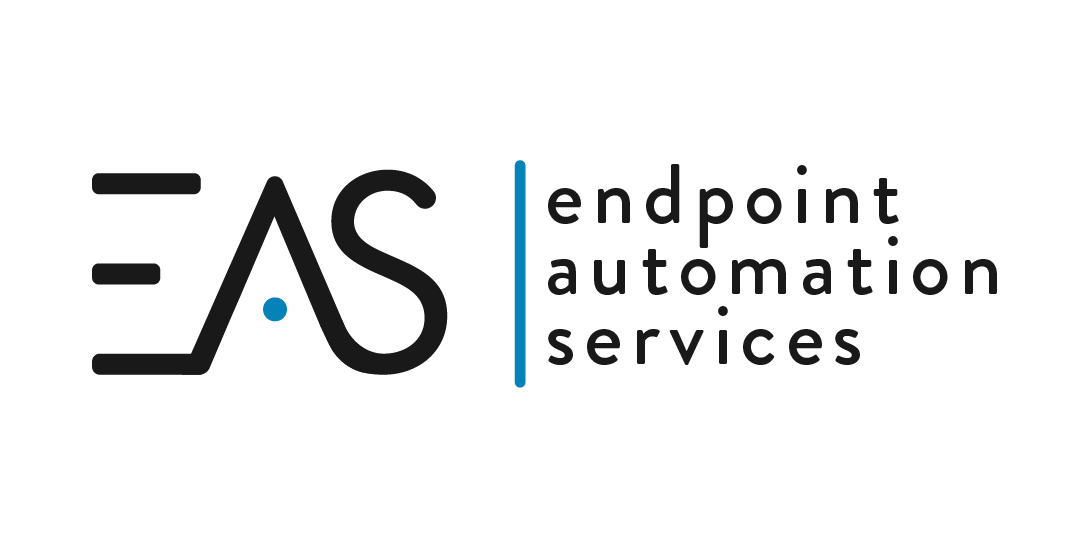RPA
Imagine having a digital assistant at your disposal that can perform repetitive computer tasks for you. That's what Robotic Process Automation (RPA) is all about! RPA is like having a team of software robots that can do the mundane, rule-based tasks you do on your computer every day.
The best part is that these robots can work across different applications and systems, just like you would. They can log into systems, interact with software, and handle data just as if they were human. This automation helps you save time, minimise errors, and focus on more important work that requires your expertise. Lets be honest, we all have part of our day to day job tasks that we would rather not do!
And don’t worry, you’ll still be in control. You can easily monitor and manage these robots, track their progress, and make adjustments when needed. RPA empowers you to automate repetitive tasks, streamline your workflow, and boost productivity.
So, instead of spending hours doing tedious manual work, RPA lets you offload those tasks to the robots, allowing you to focus on more valuable and strategic activities. It’s like having your own digital assistant, working alongside you to make your work life easier and more efficient.
AI
You know how humans have the ability to learn, understand, and make decisions based on knowledge and experience? Well, Artificial Intelligence (AI) is all about giving machines the power to do similar things.
So, what can AI do? Well, it can do some pretty amazing stuff! For example, AI can help computers understand and respond to human language. Think of those chatbots or virtual assistants that can have conversations with you and provide helpful information.
AI can also analyze huge amounts of data to discover patterns, make predictions, and provide insights. It’s like having a super-smart data analyst who can spot trends and help you make informed decisions based on the information available.
Another cool thing about AI is its ability to process and understand unstructured data, like images or text. It can “see” and interpret images or read and comprehend documents. This opens up a whole new world of possibilities for tasks like image recognition, document analysis, and more.
Now, don’t worry, AI isn’t here to replace humans. Instead, it’s designed to work alongside us, augmenting our abilities and making our lives easier. It can automate repetitive tasks, assist with complex decision-making, and provide valuable insights from vast amounts of data.
The best part is that AI is becoming more accessible and easier to adopt. There are AI tools and platforms available that don’t require extensive technical knowledge to use. This means you can leverage AI technology even if you’re not a computer scientist.
So, in a nutshell, AI is all about teaching machines to be smart, learn from data, and make intelligent decisions. It’s like having a digital brain that can help you solve problems, process information, and make your work and life more efficient and informed.
Clients' Testimonials
There was a certain level of relief that the introduction of the new system and robot would release the immunisation team from the time-consuming and mundane task of inputting the vast amount of patient data. “There were concerns about how their roles may change so it was important for them to understand how the technology’s introduction will relieve pressure and allow them to focus on other work for the team.” “For those continuing to work with the immunisation programme, we needed to identify where any skills gaps exist. With the RPA transfer via CSV files there would be increased need to understand aspects of Excel, so we put in place training during the implementation phases to make sure things ran smoother during the ‘go live’
We identified during the development of the bot that Ellucian updates had the potential to have an impact on how the bot interacts with the platform. By working with our IT Services team, EAS was able to adapt the way the bot shares data so that when the platform is updated the bot requires minimal changes with minimal disruption to workflow. “Having a dedicated EAS project manager has been a major benefit for the project. By working closely with us have come to understand our needs and the result is a bot which has made a significant impact to the admissions department.
EAS helped the University of Sheffield start our automation journey, quickly getting our RPA pilot into production. This has given us the confidence to adopt further processes across the department.
Our recent experiences meant considering seriously whether there could be a role for a robot in the business. If it could improve efficiencies, those cost savings could be passed on to our consortium members and that feeds straight back as more money for patient care. “As a not-for-profit business we are also a fairly lean organisation so RPA could help to maximise our resources and free staff from the repetitive time-consuming tasks while making their jobs more professionally and personally fulfilling. This could also give us the opportunity to improve and develop the business while enhancing the skills we have with the organisation.
EAS understood what we needed and quickly identified how we could benefit, at a time when the NHS were under enormous pressure. This has quite simply, got NEP into a position where we see RPA as an integral support tool for NEP and it's NHS colleagues.
EAS had the best understanding of our challenges and their previous experience of working with NHS organisations meant they could quickly get to grips with the project. Joining with them was a real turning point.

